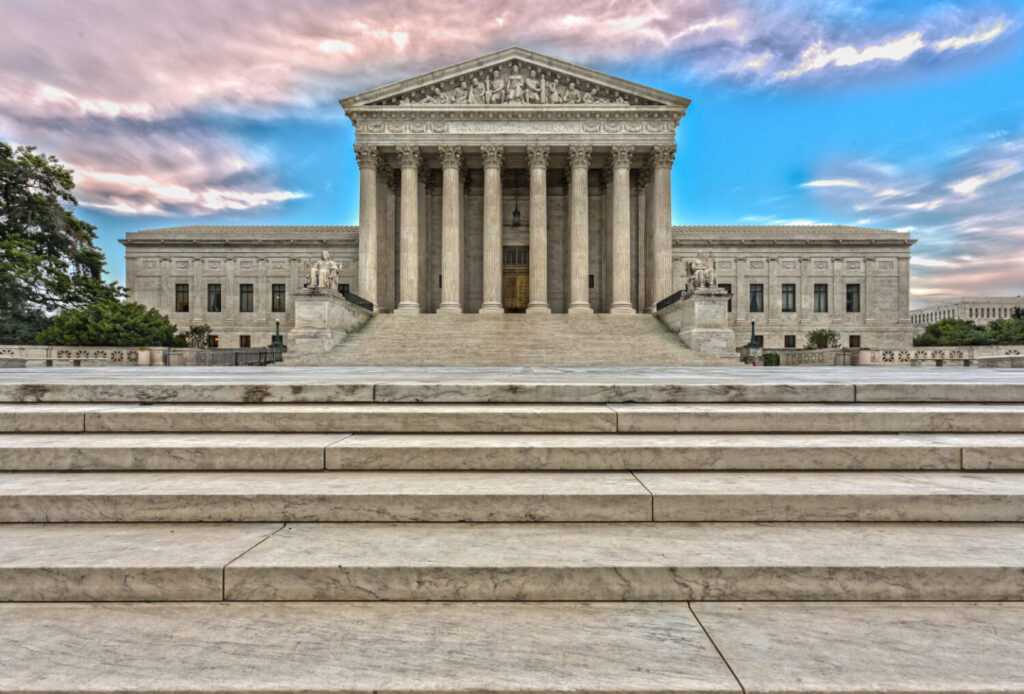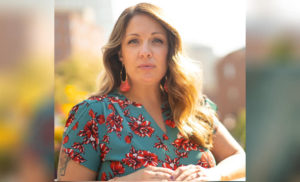US Supreme Court Will Hear Case on Using Public Funds for Religious School Tuition
In July, the U.S. Supreme Court agreed to hear a case filed by Maine families who want to use a State tuition program for their children to attend Christian schools. The Maine Department of Education…

In July, the U.S. Supreme Court agreed to hear a case filed by Maine families who want to use a State tuition program for their children to attend Christian schools. The Maine Department of Education program enables families whose towns do not have public schools to use state funds to attend a private school. However, the program excludes religious schools.
Lead attorney on the case, Michael Bindas, explains that Maine has infringed on the rights of these families by “singling out religion — and only religion — for exclusion from its tuition assistance program.” State Attorney General Aaron Frey has tried to defend the exclusion, saying religious schools are excluded “because the education they provide is not equivalent to” public education.
The case is significant for other states, too, especially after two relatively recent Supreme Court rulings went in favor of religious schools. Last year, the Court ruled on a case in Montana that religious schools must have the same access to public funds as non-religious private schools. And in 2017, the Supreme Court ruled that the Missouri Department of Natural Resources was wrong to deny a Christian school’s application to have its playground resurfaced, citing first amendment protections.
Jamie Gass, director of education policy at the Pioneer Institute for Public Policy Research, spoke to the AP about the significance of the Maine case:
Now, the Court’s willingness to hear this Maine case, which centers around the state discriminating against parents who want to access the state’s tuition-assistance program to send their children to local, religiously-affiliated schools, holds the promise of further restoring our framers’ original vision of schooling firmly grounded in religious liberty.
A ruling in favor of these Maine families could make a nationwide impact, setting a precedent for American families who wish to use public funds for education—their own tax dollars—according to their convictions instead of restricting education dollars to traditional public education.
Stay tuned to The Lion for the latest updates on this significant Supreme Court case.



